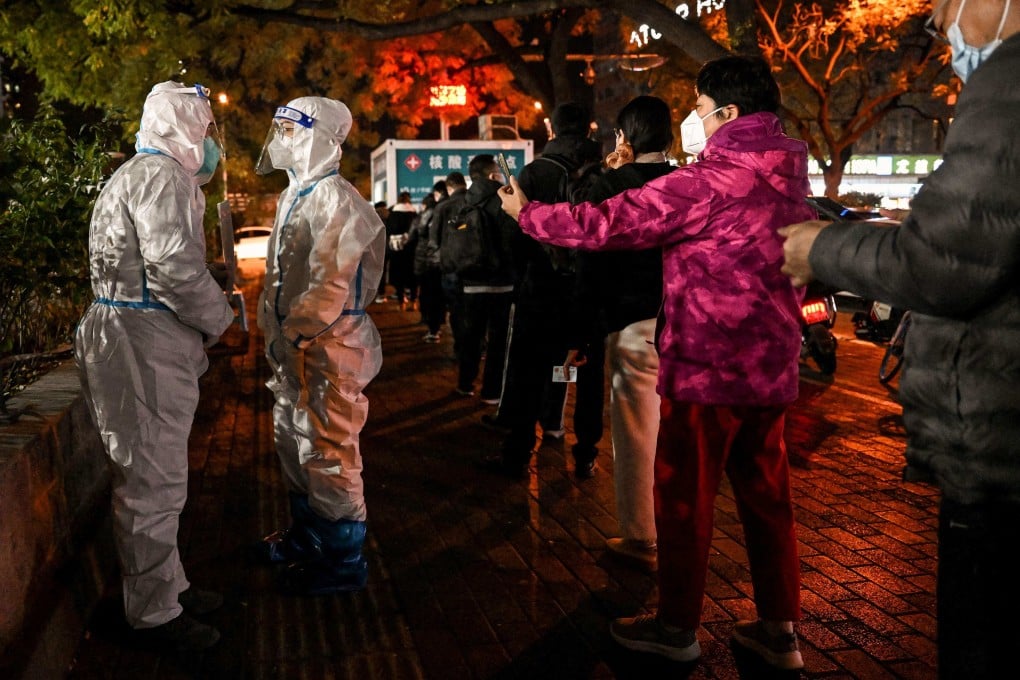Tell China to ease zero-Covid policy on human rights grounds, US congressional panel hears
- Extremely low infection and mortality rates from coronavirus have come at expense of privacy and civil liberties, global health analyst testifies
- Beijing’s stringent measures said to worsen second-level disasters due to impeded access to food and healthcare for other illnesses

China’s extremely low infection and mortality rates from the coronavirus were achieved at the expense of privacy and civil liberties, Yanzhong Huang, a senior fellow for global health at the Council on Foreign Relations, told the Congressional-Executive Commission on China (CECC).
Additionally, he said, Beijing’s stringent zero-Covid control measures had exacerbated second-level disasters due to impeded access to food and healthcare for other illnesses.
“[Moving] away from zero-Covid is the only wise approach to transcend this human rights dilemma,” he told the commission.
Sarah Cook, Freedom House’s research director for China, Hong Kong and Taiwan, told the panel that Chinese officials had gone to great lengths to restrict the information available to the Chinese public and the international community about the conditions in lockdown areas.
The commission, which monitors China’s human rights and rule-of-law record, is an advisory body to Congress and the executive branch; its members have had significant influence on China-related legislation in recent years.